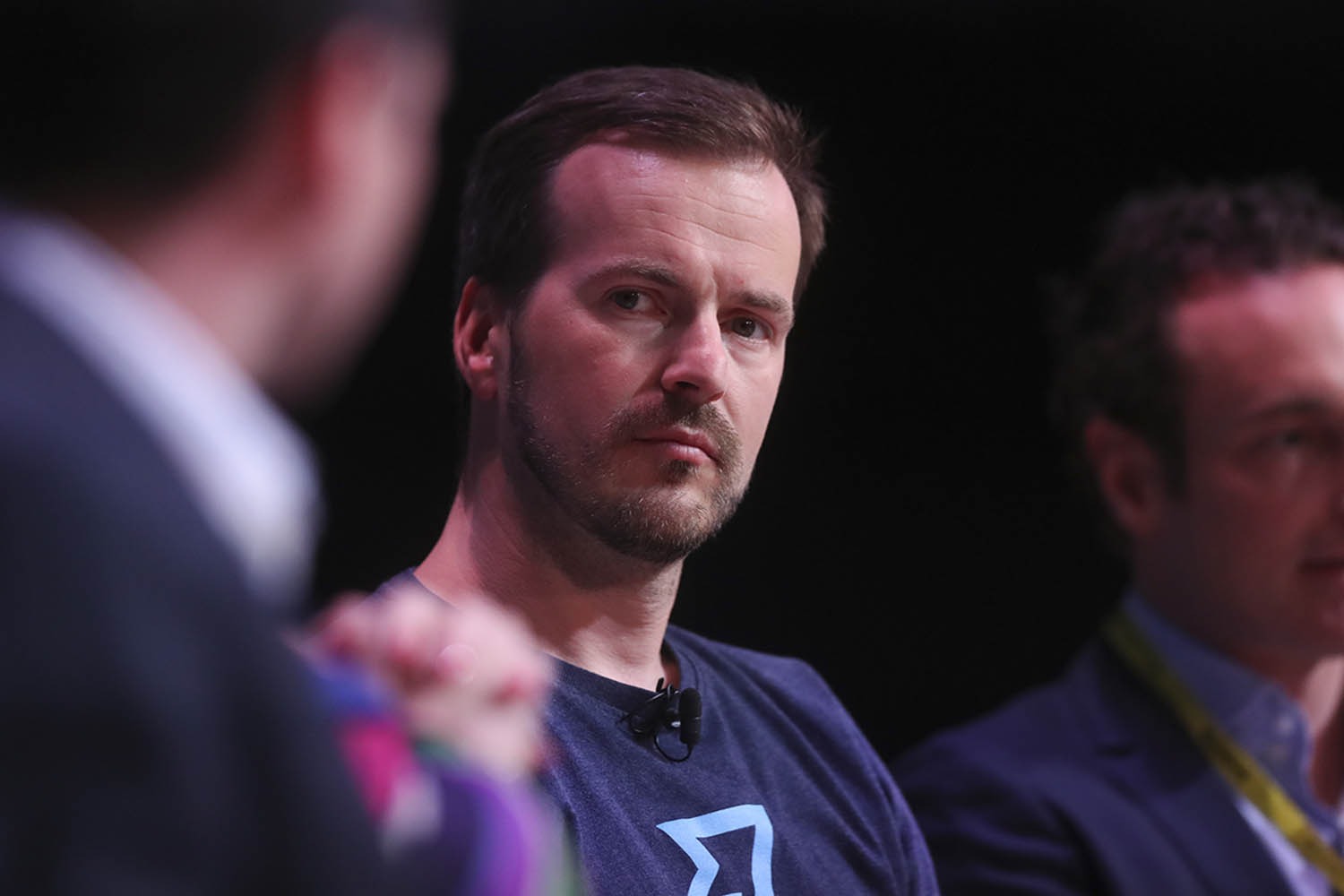Wise, the British fintech star, is looking unwise. The company’s handling of a planned listing on the New York Stock Exchange has been attacked by one of its cofounders, Taavit Hinrikus, who accuses the firm of “going against the transparency, fairness and trust that were behind the company’s success”. Wise denies the claims.
At issue is a proposed 10-year extension of the firm’s dual-class share structure, due to expire next year, which Hinrikus says it is trying to slip through without letting shareholders vote on it separately from the listing in New York.
Hinrikus left Wise in 2021 but still owns a 5% stake. The effect of the dual-class structure, which gives nine votes per B share, compared to one vote per A share, is to entrench the control of the other founder and CEO, Kristo Käärmann. After initially seeming ready to wave through the US listing, other investors have been prompted to question the move by Hinrikus’s complaints.
When Wise went public in 2021 its insistence on dual-class shares prompted a rule change by the London Stock Exchange, which had long required companies to have a single class of shares to ensure all shareholders were treated equally. America, by contrast, has plenty of companies with dual-class structures, including Visa and Nike.
Photograph by Simon Dawson for Bloomberg via Getty Images
Newsletters
Choose the newsletters you want to receive
View more
For information about how The Observer protects your data, read our Privacy Policy

